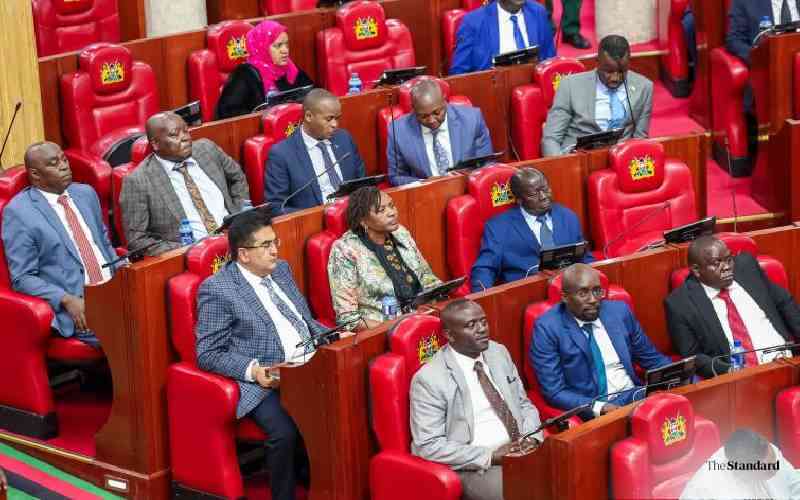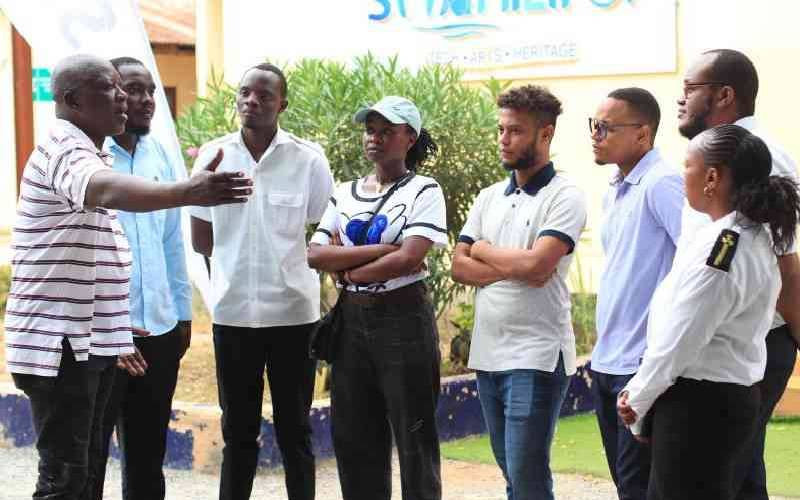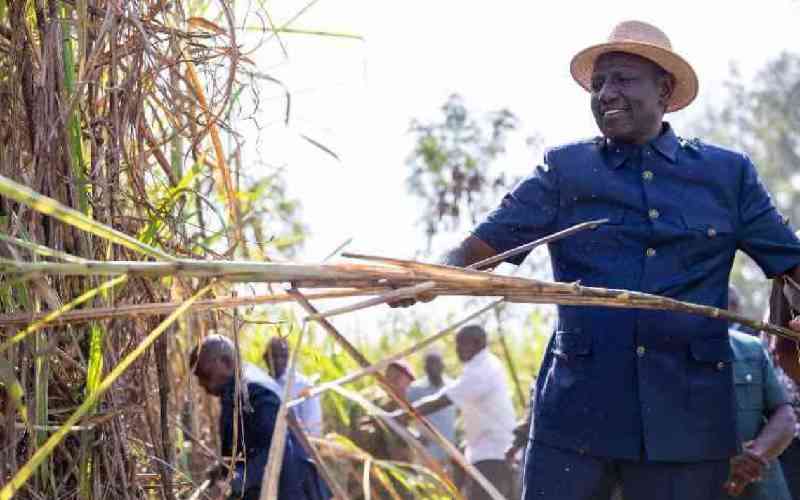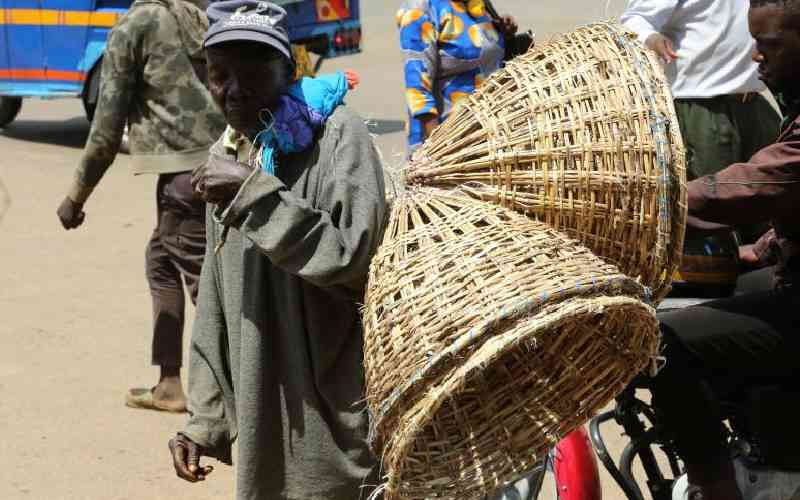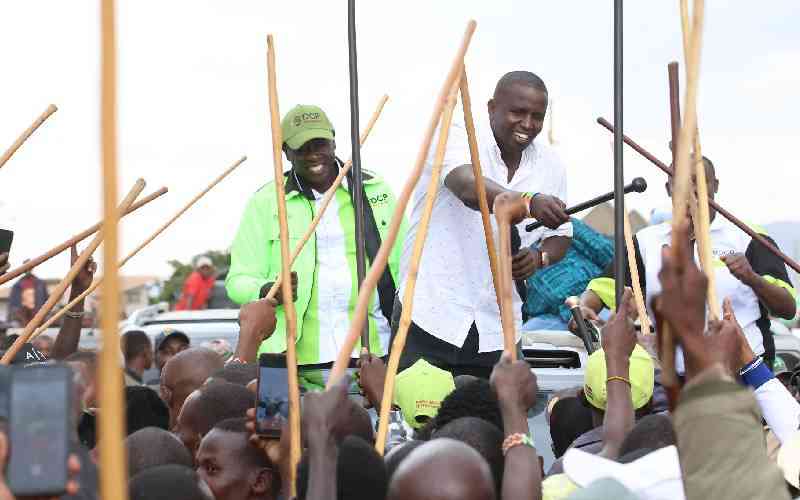
Kenya stands on the edge of a generational reckoning. By 2027, those aged 18 to 35 who make up 36 per cent of our population, will decide the direction of our democracy. Yet today, our political parties treat youth as spectators.
In Kenya, political parties remain the most reliable and structured pathway to government. Ours is a multi-party democracy by design, enshrined in Article 4(2) of the Constitution. Yet fewer than 20 per cent of young people are formally affiliated with any, according to ORPP.
Viewed through the lens of Intergenerational Justice Theory, this exclusion is not only a political problem; it is a moral one. This theory argues that each generation owes the next a fair share of power, resources, and opportunity. Kenya’s failure to meaningfully integrate youth into political leadership is a breach of this principle.
When we speak of youth in politics, there are broadly two types. The first are dogmatic purists — idealists who want to remake politics overnight, often rejecting established parties. With barely two years to the next election, this approach faces practical limits.
The second are realists who understand that change begins within. They see value in joining existing parties to reform them. Kenya’s 90-plus registered parties offer platforms for youth to inject new energy, fresh thinking, and moral clarity if given real opportunities.
Too often, youth are visible but not powerful. They appear at rallies as bloggers, dancers, and entertainers but are rarely entrusted with policy design, campaign strategy, or logistics. This tokenism breeds cynicism.
Funding of youth leagues is often unpredictable, inadequate, or symbolic. Worse, party leadership is dominated by a culture of negotiated democracy where tickets are allocated through backroom deals based on age, money, gender, or loyalty rather than open competition. This is evident ahead of the November 2025 by-elections.
Such practices risk deepening voter apathy and eroding trust in democratic processes. If this continues, young people will disengage not because they lack interest, but lacking belief in the system. A democracy that fails to give its largest demographic a meaningful voice is sowing seeds of its own irrelevance.
Kenya’s youth have a proud history of driving change. From the 1940s freedom movements to the 2002 NARC wave and the 2010 constitutional reform, young people have been the backbone of every transformative moment. Need I speak about the Kenyan Gen Zs?
Yet this potential remains untapped because political parties fail to move beyond tokenism. If they are to survive the generational shift, parties must give youth more than a seat at the table; they must give them a voice at the helm.
Parties thrive when experience and energy coexist. Elders bring historical memory, institutional wisdom, and negotiation skills. Youth bring innovation, digital savvy and cultural insight.
Reverse mentorship, a two-way exchange of knowledge, turns hierarchy into partnership. Imagine a young strategist teaching a seasoned politician how to navigate online discourse, while the elder offers lessons in policy framing and coalition building.
To build a truly inclusive democracy, we should consider allowing those under 18 to join political parties. This would deepen civic engagement and nurture leadership skills early. Resistance to renewal is structural. Kenyan parties often operate as vehicles of patronage, concentrated around personalities rather than institutions.
To bridge the generational divide before 2027, parties must adopt youth inclusion quotas for leadership positions, provide predictable and meaningful funding for youth structures, and embed co-leadership models in strategic committees. The wisdom of elders and creativity of youth must work together.
-The writer comments on topical issues
Stay informed. Subscribe to our newsletter

